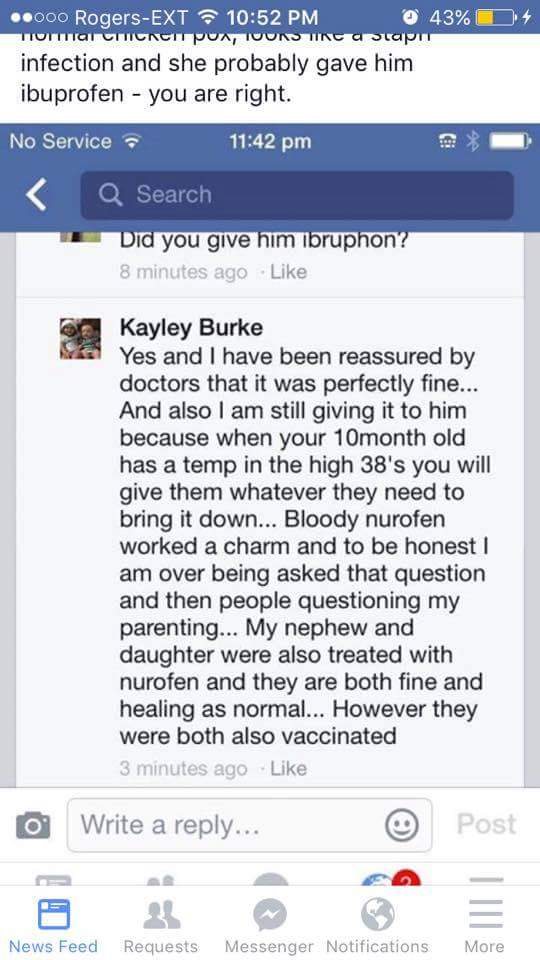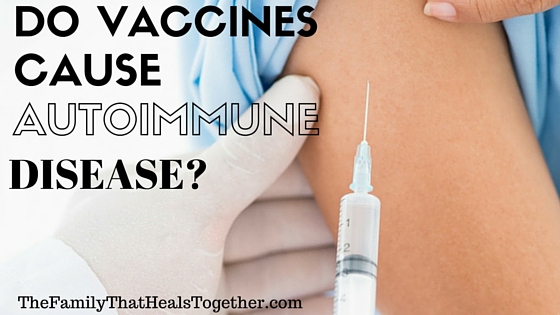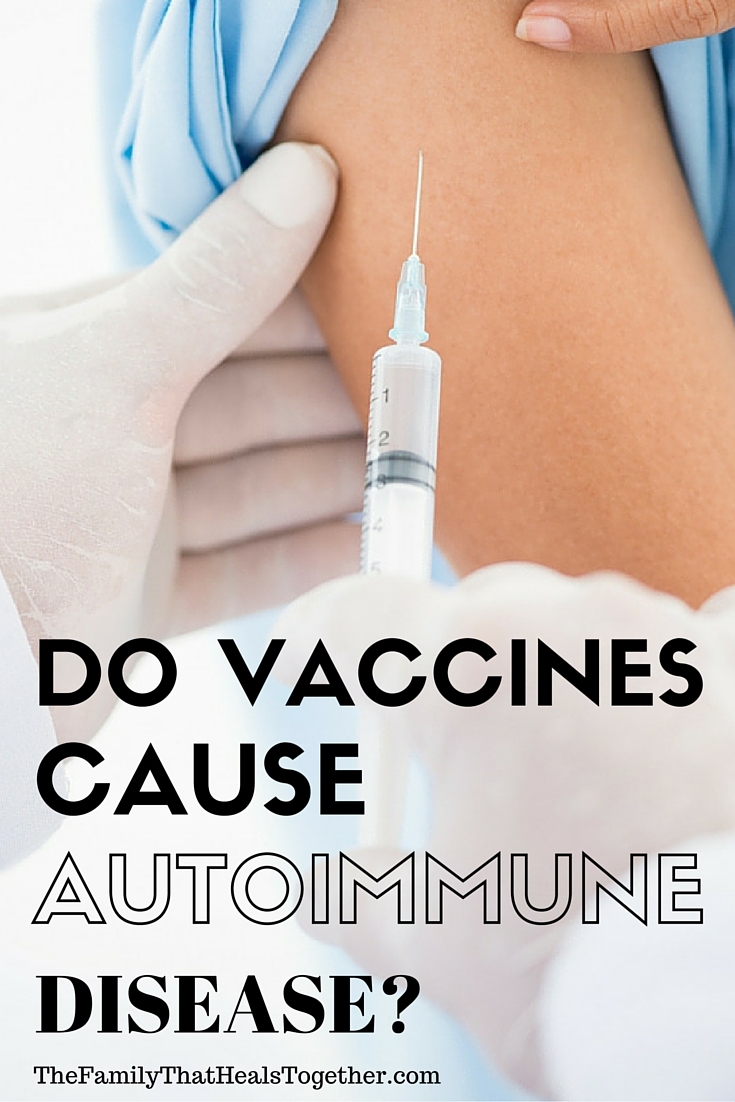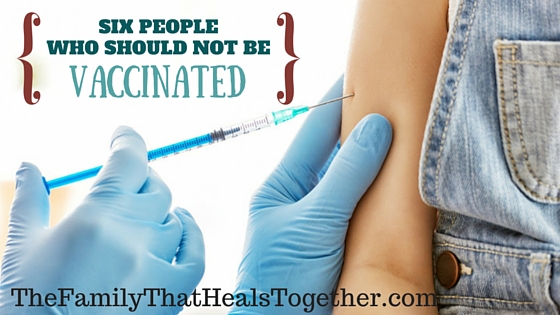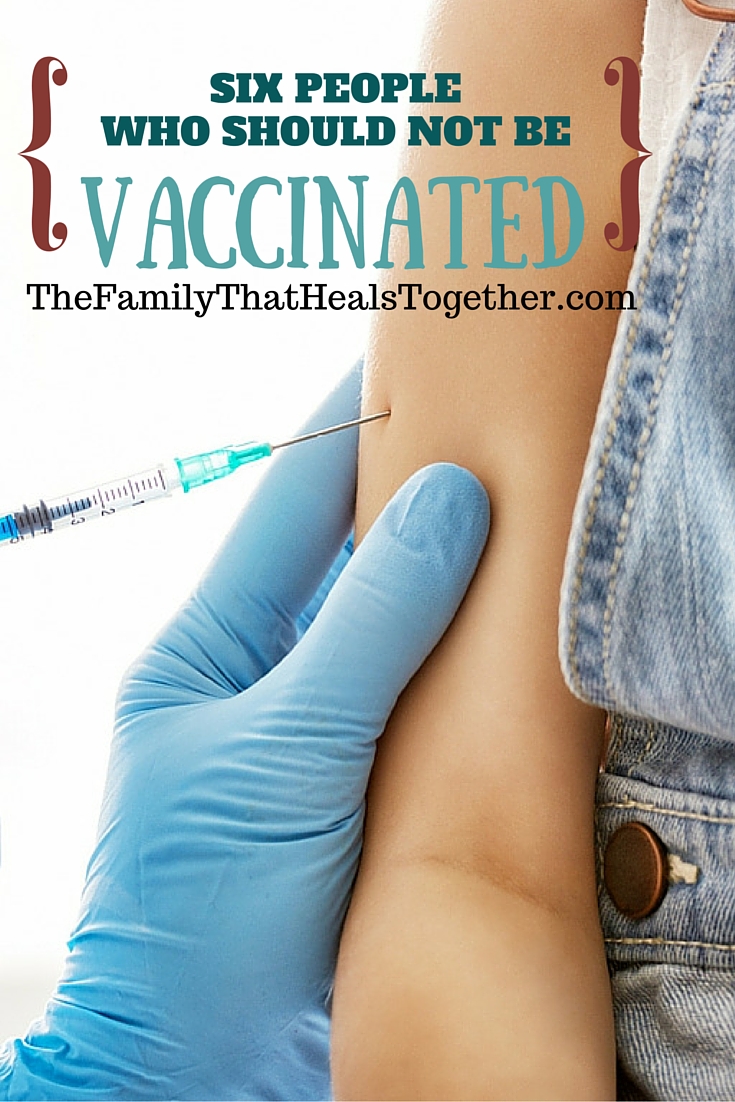
It seems I’m good at stirring up controversy. I’m getting used to it, but I still have feelings, ya know? It’s amazing to me the things people will say on the internet, and to them I reply: be nice or be quiet.
I really want to direct this post, though, to my fellow Christian parents, because some of the points I want to make won’t really be applicable to those who aren’t Christians. Which is not an admission of any sort of rejection, just a disclaimer.
What I really want to say to my fellow Christian parents: be nice or be quiet.
Now, I know that seems harsh, especially when many people think it’s not nice for me to be as outspoken as I am, but hear me out.
If you are a Christian, if you have a personal relationship with the Lord, then I’m guessing you pray. I’m guessing you read your bible. When you’re facing a tough choice, what do you do? You probably pray and ask the Lord to give you guidance. You probably seek His word for wisdom.
Now imagine facing a major decision that goes against the grain of everything you’ve ever done, everything everyone you know has ever done, really. You feel like you need to go out on a limb, to be obedient to something that the Lord is calling you to do, but you are scared.
So you pray. You read your bible. And you research the implications of your decision. Ultimately, you have to act in obedience, even if it means rejecting the comfort of doing what you’ve always done.
Many Christians are facing this process right now as they research vaccines and find that they aren’t comfortable giving them to their children.
Fellow Christian parents or piranhas?
It’s amazing to me what Christians will prioritize, what’s acceptable to prioritize. It’s ok to insist we protect our children’s hearts and limit their exposure to worldly music and television. It’s acceptable to be uptight about letting our kids sleep over at people’s houses that we don’t know well. No one balks at parents protecting their children in these scenarios.
So why is that when a parent makes an unusual choice, like rejecting vaccinations or adhering to a strict diet, that suddenly they are targeted for attack? Suddenly their fellow Christian parents become piranhas, and they find themselves swimming unprotected in open waters before being torn to shreds by those they thought were in their tribe.
Think I’m being dramatic? I’ve experienced it time and time again, and lost lots of friends. I don’t mourn those losses too much, though, because my children and their health are much more important to me than friendships that can’t stand up to my being vocal about making unpopular decisions.
If you’re one of those Christian parents questioning your friend’s unpopular decisions, here’s what I suggest:
Be quiet.
If you don’t have anything nice to say, don’t say anything at all. Don’t assume you have all the details or know why a parent is making the choices she is for her kids. When you go on the attack, it just makes you look like a jerk, and you are likely to sever the relationship rather than convince your friend to see things your way.
I once had an acquaintance from my church snarkily tell me that vaccinating was my “responsibility.” Did it make me mad? A little. But mostly, I thought she had no idea what she was talking about because she had no idea what my children’s health statuses were, why I chose not to have them vaccinated, that I myself had had health problems related to vaccinations, or that – can you believe?- I had prayed about that painstaking decision. Which leads me to my next point.
Give your fellow Christian parents the benefit of the doubt.
If you’re a praying, bible-believing Christian, surely you recognize that other Christians pray and read their bible as well. Surely you realize that other Christian parents pray about the choices they make for their kids. And surely you can understand that not everyone is going to come to the same conclusion or hold the same convictions, because the Lord talks to us all about different things, in different ways.
You also can surely understand that no parent wants to hurt their child. Some people think that not giving their child vaccinations is harmful to them, while others believe that vaccines actually hurt their child. Just because I’m in the latter camp doesn’t make me wrong. It means I have done different research, prayed different prayers, and come to different conclusions than you.
Do your own research.
Finally, if you are adamant that everyone should vaccinate their kids, period, because it will protect your children, and you haven’t given your fellow Christian parents the benefit of the doubt, recognizing that they’ve done their due diligence, maybe you should be sure you’ve done yours.
Can I ask you: have you prayed and asked the Lord if you should vaccinate your children? Have you looked up studies about the connections of vaccines to auto immune diseases? Have you read about which people may be vulnerable to vaccine damage?
If you have done all of the above, then great! If you choose to vaccinate your children after you’ve done the research, ok! I support your choice.
But if you have not read the books that I’ve read, done the research that I have, or been present for the private conversations between me and the Lord, you have no right to have an opinion about the choices I make for my kids. It’s none of your business. If you’re convinced that “herd immunity” is protecting your child and anyone who doesn’t vaccinate their child is putting your child at risk, please do your research.
Stop regurgitating the information you hear from doctors, nurses, and the media, and read a few articles of your own. Read a few studies. You’ll see that the science isn’t settled and that more research is needed.
Be nice or be quiet.
If you have done all your research and still feel strongly that other people should vaccinate their children because of the conclusions you’ve come to, you have a choice. You can either gently and kindly disagree, or you can be quiet. Any other choice is simply the wrong one.
Shouldn’t it matter more that we believe in the same God, that His Son died for our sins, and that we will spend eternity together in heaven? These earthly topics that we quibble over are really just dust in the wind. Is it really worth ripping each other apart over?
As parents, we all deserve respect for the choices we make for our children. Let’s extend some respect to our fellow parents, and some understanding for our fellow Christians.






